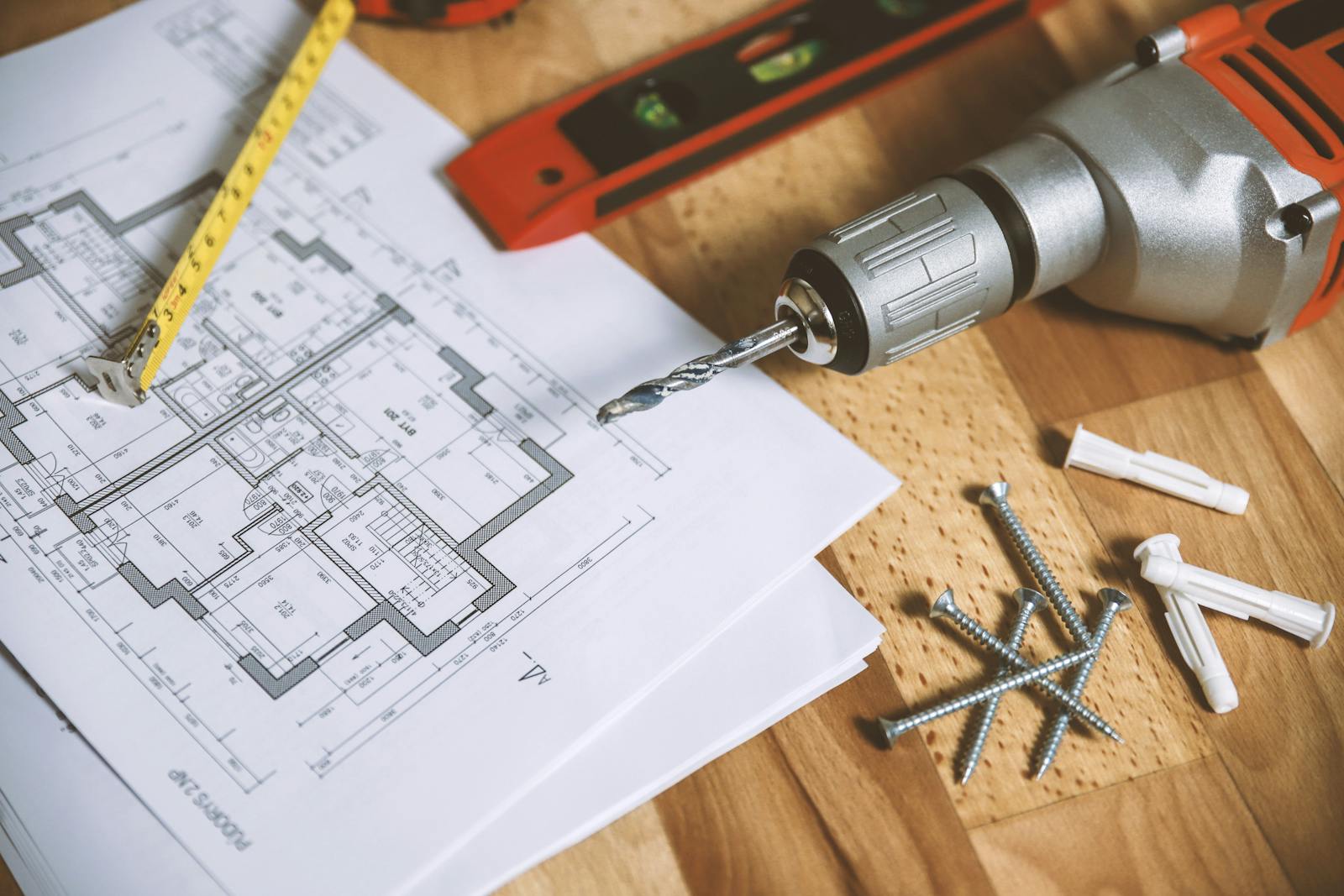When you purchase a home, a down payment is typically applied to the purchase price, and the balance is to be paid off over your term of the mortgage. The loan you receive from a lender in order to pay for the house is called a mortgage.
Simply put, a mortgage is a legal and binding agreement between a lender and a borrower for a specific amount of money that must be paid back within a predefined amount of time. The mortgage is a secured loan in that the house you are buying is collateral for the loan. This means that, should you not meet your mortgage repayment obligations, the lender has the right to take the property.
Purchasing a home and taking on a mortgage is a big commitment. In addition to the amount borrowed, the interest rate you receive is also a factor in assessing affordability. Shopping for a better interest rate could save you tens of thousands of dollars over time.
10 tips to help you get the best mortgage rate in Canada
1. Research Mortgage Interest Rates
There is no one-size-fits-all approach to getting a mortgage. There are a few different types of mortgages, each of which will impact the interest rate you receive, based on a few of the factors we will be touching on later.
The first, and also the best option, is a prime mortgage. These are offered to borrowers who are considered less risky by lenders. These borrowers typically have a credit score of at least 670, have contributed a down payment of between 10 and 20 per cent, and have a low debt-to-income ratio. The most significant perk of a prime mortgage is a lower interest rate, which will help the borrower save thousands of dollars over the loan’s lifetime.
The other is a subprime mortgage. These are offered to borrowers with a lower credit score, typically between 580 and 669. Subprime mortgages carry higher interest rates because borrowers are seen as “riskier.”
By knowing your credit score before speaking with a professional, you can be sure to get the appropriate interest rate.
2. Decrease Your Debt-to-Income Ratio
A simple way to get the best mortgage rate in Canada is to decrease your debt-service ratio. This represents the percentage of your gross monthly income used to pay off your debts. Lenders use this value to assess the risk you carry when borrowing money. Canada Mortgage and Housing Corporation recommends keeping your Gross Debt Service (GDS) ratio (your monthly household income that covers your housing costs) below 39 per cent, and your Total Debt Service (TDS) ratio below 44 per cent.
To decrease this ratio, make larger payments on your debts, reduce debt by purchasing only what you can afford in cash, or increase your income. By decreasing your debt-to-income ratio, you signal to lenders that you are less of a risk.
3. Improve Your Credit Score
Improving your credit score takes time, but it can be done. Some easy ways to accomplish this are to make larger payments on your outstanding credit card bills, pay off any collections that may be on your credit report, get caught up on all your bills, and keep outstanding balances on credit cards low.
4. Increase Your Income Stability
Income stability signals to a lender that you’re less likely to default on your mortgage. First, sit down and run an honest assessment on how much money you bring in every month versus how much you spend, to improve your income stability. Then, look for ways to spend less and earn more. This can be accomplished by cutting out frivolous expenses, asking for more hours at work or taking on a side hustle.
5. Gather Your Employment History
Before meeting with a mortgage lender, gathering your employment history is key. Mortgages are large loans, and lenders want to know that you are serious about paying them back and are a low risk for default on your payments. Compiling your employment history shows the lender that you have a track record of gainful employment and are unlikely to be unemployed in the foreseeable future.
6. Save More and Increase Your Down Payment
By contributing a larger down payment, you can reduce the size of your mortgage and attract a more favourable interest rate. Typically, if your down payment is greater than 20 per cent, you will receive a better interest rate than if you put down only five per cent.
7. Use Cash Reserves
Lenders will look at your savings account to ensure you have enough cash in reserve to cover your mortgage in case of job loss. They like to see a few months worth of mortgage payments tucked away in your bank account. This also shows lenders that you are suitable and fiscally responsible. Consider saving up three or four months worth of mortgage payments to get a more favourable mortgage rate.
8. Consider Interest Rates
Currently, interest rates are exceptionally low. Consider timing the purchase of your home during a time when interests rates are lower, to reduce your monthly payments and the interest paid over the lifetime of your loan.
9. Low- Versus High-Ratio Mortgages
If you have less than 20 per cent as a down payment on the home you plan to purchase, you’ll need mortgage loan insurance. This serves as an added layer of security for lenders, should you default on your loan. This fee can be paid up-front or added to your monthly payments. To avoid this expense, save up at least 20 per cent for your down payment.
10. Shop Around
Finally, once you have completed all the steps above to get the best mortgage rate, it is essential to shop around. Some lenders can give you a better borrowing rate than others, and it is vital to know all the options available to you before you commit to one of the most significant investments you’ll make in your lifetime. While you’re at it, research lenders, too, as they may offer different mortgage terms that can affect your bottom line. Finally, consider working with a mortgage broker. This is a third-party intermediary between the lender and the borrower. A mortgage broker will collect your financial information and “shop around” for you, to find the best mortgage rate and terms from their pool of lenders. And the best part? A mortgage broker’s services don’t cost the borrower a thing.
Sources:
Canada.ca
Forbes
remax.ca
https://blog.remax.ca/10-tips-for-getting-the-best-mortgage-rate-in-canada/













